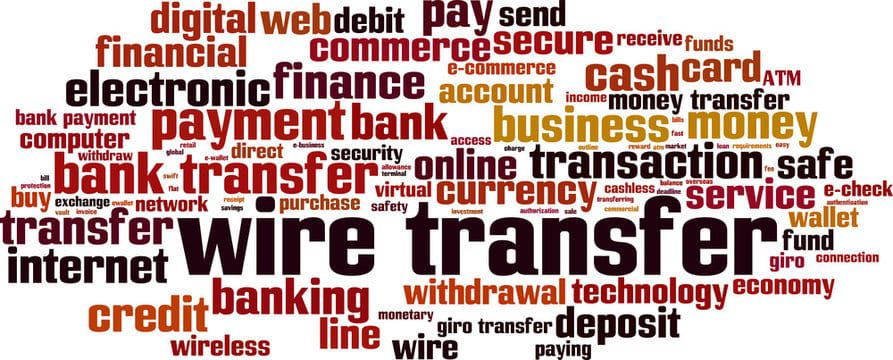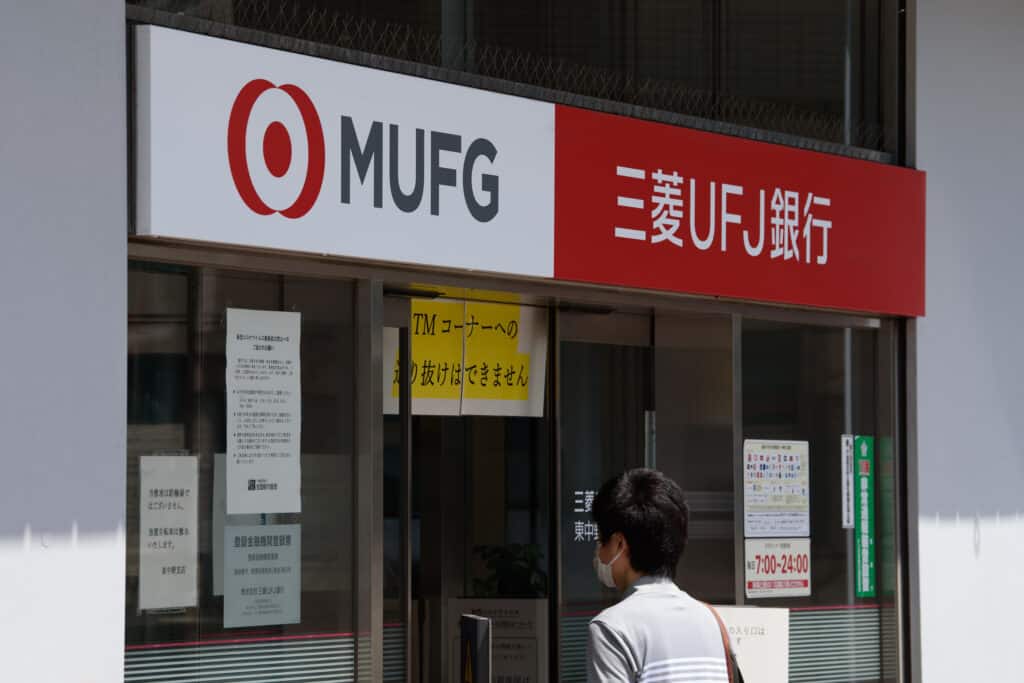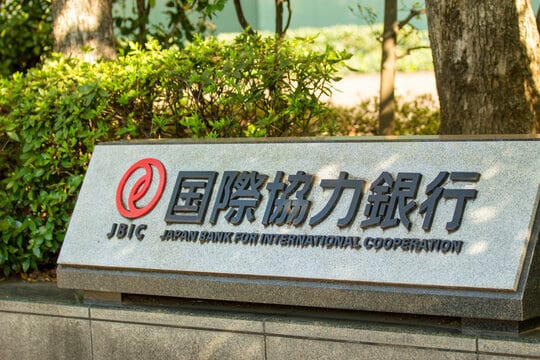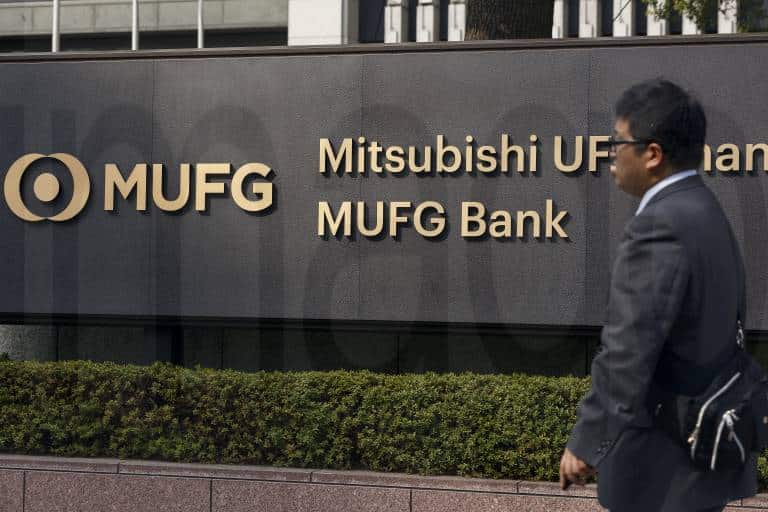With a worldwide reputation of being an expensive country, it’s no wonder that people are wondering how they can get money out of Japan. Expatriates commonly use their credit cards as a primary method of obtaining cash from an ATM due to fees imposed by Japanese banks.

However, there are several fee structures, with the most common being a charge for using another bank’s ATM, plus a percentage of the withdrawal amount. It is important to note that these charges can make withdrawing money an expensive endeavor, especially considering that using a credit card abroad can be extremely costly.
For those looking to withdraw larger amounts of cash without fees, other options can be considered. Besides, one thing you should know as an expat in Japan is that the Japanese are known for their cash-oriented society. In fact, over 90% of commercial transactions are completed in cash.
This can be a problem for expats who wish to live more of a credit-card lifestyle. Fortunately, there are ways for foreign visitors or long-term residents of Japan to access the Japanese Yen without being charged extra fees. One possible option is to use an American Express card.
Not to get confused, we’ve compiled this article to explain everything needed to know about getting money out of Japan as an expat. Not only is that, but we will walk you through the different bank options, fintech in Japan, and many other things, to mention a few. Are you ready to check what we’ve unleashed? Well, read on!
Nothing written here should be considered as financial advice, nor a solicitation to invest. For any questions, or if you are looking to invest as an expat, you can contact me using this form, or via advice@adamfayed.com
It is usually better to “kill two birds with one stone” and invest as an expat, rather than send money home to buy shares or a house.
Different Ways to Get Money Out Of Japan
As an expat in Japan, you will probably earn money there, but sometimes you will want to get your money out of Japan (e.g., because you are leaving the country or because you want to pay for something not available in Japan). If this is the case, here are some ways to get your money out of Japan.
Online
You can transfer money online from your Japanese bank account to a foreign bank account in simple steps. Some banks in Japan allow you to do this for free; others charge a fee. If you want to know how exactly it works and if your bank allows doing the process for free, read on.
How to Transfer Money from Japan to Foreign Bank

With the global economy going strong, money is being transferred from Japan to foreign countries more and more. There are several ways you can transfer your money safely and efficiently. Some methods may cost you less than others, while some strategies may take years to complete.
If you have time, money, and patience, it definitely is worth considering transferring your money from Japan to foreign countries. Let’s look at some of the most popular transferring money from Japan to foreign banks.
Bank Wire Transfer
These are the most popular transfers from Japan to foreign countries. When you transfer money from your Japanese bank account to a foreign bank account via wire transfer, banks have been doing it for years, and they usually do it very quickly as well as cheaply as long as you’re not transferring millions of dollars.
Banks will charge a little bit of a fee at either the sending or receiving side while transferring money via bank wire, but it is a small fee.
Currency Exchange
If you’re not in a hurry and have some time to spare, this might be for you. This transfer method is why sometimes you see people carrying around suitcases full of cash on the train! Many currency exchange places will allow you to trade your yen for another currency.
Just make sure that if you are trading Japanese yen with any foreign currency that the person on the other end is reputable and won’t cheat you out of money. If done correctly, this method of transfer can be very inexpensive. However, some people do get taken advantage of in these situations.
International ATM Card

Many Japanese credit card companies offer international ATM cards. These ATM cards allow the user to withdraw money from any foreign bank accounts linked with their account. This can be a great way to get more use out of your Japanese CC, and it’s definitely worth considering if you plan on staying in Japan for a while.
International Wire Transfer
Just like bank wire transfers, international wire transfers are also prevalent when transferring money from Japan to foreign countries. If you are sending a large sum of money, this might be your best option because it is incredibly speedy, cheap, and efficient. You will need to research banks that offer this service, but once you find one, it should be smooth sailing.
Travelers Checks
This option is becoming less and less popular as time goes on. However, some people still prefer to use traveler’s checks when transferring money from Japan to foreign countries. People generally don’t like using this method because although there are fewer fees attached with currency exchange, you need to find a store that actually carries traveler’s checks.
If you do decide to use traveler’s checks, make sure they are redeemable through credit card companies as well as major banks and stores outside of Japan so they will be easy to cash in where ever you go.
Best Banks to Transfer Money to Foreign Bank
When you are working in Japan and want to send money to your family or friends overseas, the first thing that will come to your mind is a bank transfer. Sending money through banks requires a lot of time and paperwork as various procedures are involved in the process.
The complicated procedure leaves no room for error, and if anything goes wrong, you might have to lose a lot of your hard-earned money. While sending money through banks is often considered the safest way to send money, you should avoid it if you do not want to go through complicated procedures.
In order to make things easier for you, we have come up with the five best banks that will let you transfer your money from Japan to any foreign country. Can you imagine doing away with all the complicated procedures and instantly sending money? If not, read on to know the best banks to transfer money from Japan to a foreign bank.
1. MUFG (Mitsubishi UFJ Financial Group)

MUFG is one of the largest banking groups in Japan and offers an online service called “Global View,” which allows you to transfer money from Japan to any foreign bank. Apart from this, it has other services such as MUFG Travel Money Card, MUFG Online Banking, and MUFG ATMs.
In order to transfer money from Japan to any foreign country using Global View, you need to have a four-digit code assigned by the bank after you register for an account with it. You can send money online or through other services offered by MUFG.
2. SMBC (Sumitomo Mitsui Financial Group)

SMBC, another major banking group in Japan, has an online service called “SBI Remit” that allows you to transfer money from Japan to any foreign country. It also offers other benefits like SMBC Online Banking and SMBC Cash Card. With the help of SBI Remit, you will be able to transfer money from Japan to a foreign bank within 24 hours.
3. Mizuho Financial Group

Mizuho offers an online service called “Mizuho Remit” that lets you send money from Japan to any overseas country with just a few clicks. Even though it is only usable through its own ATM network, it has a high rate of success and is often considered as one of the most reliable and safest ways to send money from Japan to any foreign bank.
4. Rakuten Bank

Rakuten Bank, one of the fastest-growing banks in Japan, offers a service called “international money transfer” that lets you transfer from Japan to any foreign country. In order to use this service, you need to have an account registered with Rakuten Bank and make sure the recipient has a bank account registered with any other bank.
5. JBIC (Japan Bank for International Cooperation)

JBIC is completely different from the other banks mentioned in this list as it mainly provides financial support to developing countries and businesses. Even though you might not use its services directly, it has an online service called “I Remit” that lets you transfer money from Japan to almost every country in the world.
6. Shinsei Bank

Shinsei Bank, a relatively new bank in Japan, has an online service called “Shinsei PowerPay” that lets you transfer money from Japan to any foreign country. It can be used to send money either through credit cards or debit cards, and the transaction takes place almost instantly.
7. Bank of Tokyo-Mitsubishi UFJ

Bank of Tokyo-Mitsubishi UFJ, which has a long history, offers an online service called “e-transit money transfer” that allows you to send money from Japan to any foreign bank. You need to have an account registered with Bank of Tokyo-Mitsubishi UFJ, and the recipient needs to have an account with almost any bank.
Pained by financial indecision?

Adam is an internationally recognised author on financial matters with over 830million answer views on Quora, a widely sold book on Amazon, and a contributor on Forbes.



